
For discerning investors or those seeking a reliable backup plan, the allure of a “golden visa” is hard to ignore. Various East Asian nations are rolling out long-term residency programs designed to offer a second home for expatriates. These initiatives are often accessible through substantial investments or specialized skill sets, aiming to draw in capital, talent, and innovation. The landscape is evolving rapidly, making it essential to stay informed about each country's offerings.
Rising Competition for Global Talent
As countries vie for international investors, the competition intensifies. Vietnam, for instance, has introduced a five-year “talent visa” with a streamlined renewal process, while Malaysia boasts a golden visa that can last up to 20 years for qualified applicants. Below, we delve into the specific programs offered by each country, based on insights from consultancy firms like Henley & Partners and Harvey Law Group.
1. Hong Kong: Capital Investment Entrant Scheme (CIES)

Hong Kong's CIES has been revitalized to attract high-net-worth individuals, reflecting the city’s continued appeal as a financial hub.
- Investment Requirement: A minimum of HK$30 million (approximately $3.86 million) in approved assets, which can include real estate, stocks, or business investments.
- Eligibility Criteria: Applicants must be at least 18 years old, possess a clean immigration record, and demonstrate full ownership of the invested assets. Proof of financial stability and a viable business plan may also be required.
- Residency Pathway: Successful applicants receive temporary residency, with the opportunity to apply for permanent residency after seven years. Benefits include access to Hong Kong's robust healthcare system and educational institutions.
2. Malaysia: Two Residency Programs
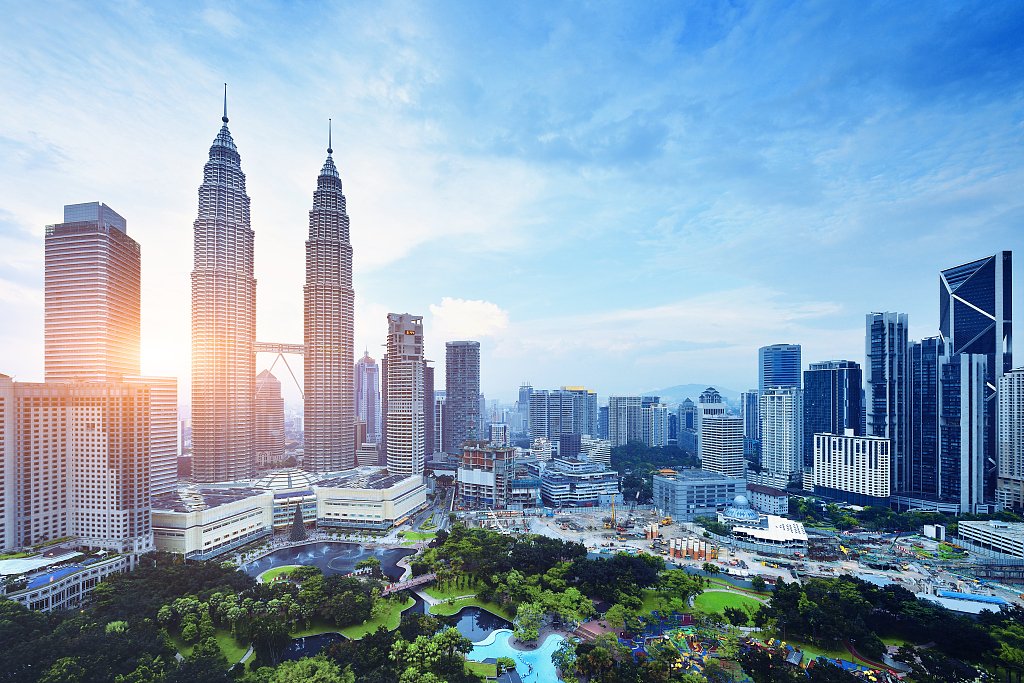
Malaysia offers two primary pathways for residency through investment, each catering to different demographics and investment capacities.
Malaysia My Second Home (MM2H)
- Financial Requirements: Applicants under 50 must deposit MYR 300,000 (about $68,000) in a fixed deposit account, while those over 50 must deposit MYR 150,000 (approximately $34,000).
- Eligibility Age: Minimum age of 35.
- Residency Duration: A 10-year multiple-entry visa, requiring at least 90 days of stay each year. This program also allows for family members to join, making it an attractive option for families.
- Additional Benefits: The program offers tax incentives, such as exemption from income tax on overseas income.
Premium Visa Programme (PVIP)
- Investment Requirement: A minimum investment of RM 1 million (around $240,000) in approved sectors.
- Age Restrictions: None, making it accessible to younger investors.
- Residency Duration: A 20-year multiple-entry visa issued in five-year increments, with no minimum stay requirement, offering flexibility for frequent travelers.
- Benefits: Investors can also enjoy Malaysia's rich culture, diverse cuisine, and beautiful landscapes.
3. Singapore: Global Investor Programme (GIP)

Singapore’s GIP provides a pathway to permanent residency for qualified global investors, reinforcing its position as a global business center.
- Investment Options:
- Option A: Invest S$10 million (about $7.78 million) in a new or existing business in Singapore, contributing to the local economy.
- Option B: Invest S$25 million in a fund approved by the Singapore Economic Development Board, supporting innovative startups.
- Eligibility: Applicants must possess a robust business track record, with prior entrepreneurial experience being highly advantageous.
- Residency Pathway: Permanent residency is granted upon approval, with eligibility for citizenship after two years. Note that Singapore prohibits dual citizenship, which may be a consideration for potential applicants.
4. Thailand: Elite Visa Program

Thailand’s Elite Visa offers attractive long-term residency options, appealing not only to investors but also to retirees and expatriates.
- Membership Fee: Starting from THB 650,000 ($19,300) for a five-year visa, with options for longer durations available.
- Eligibility Criteria: Applicants must hold a foreign passport, have no criminal record, and meet standard immigration requirements.
- Benefits: Membership includes VIP airport services, government concierge assistance, and exclusive access to events, making it a premium choice for those seeking a luxurious lifestyle in Thailand. The program also promotes cultural integration and networking opportunities.
5. Vietnam: New Visa Schemes
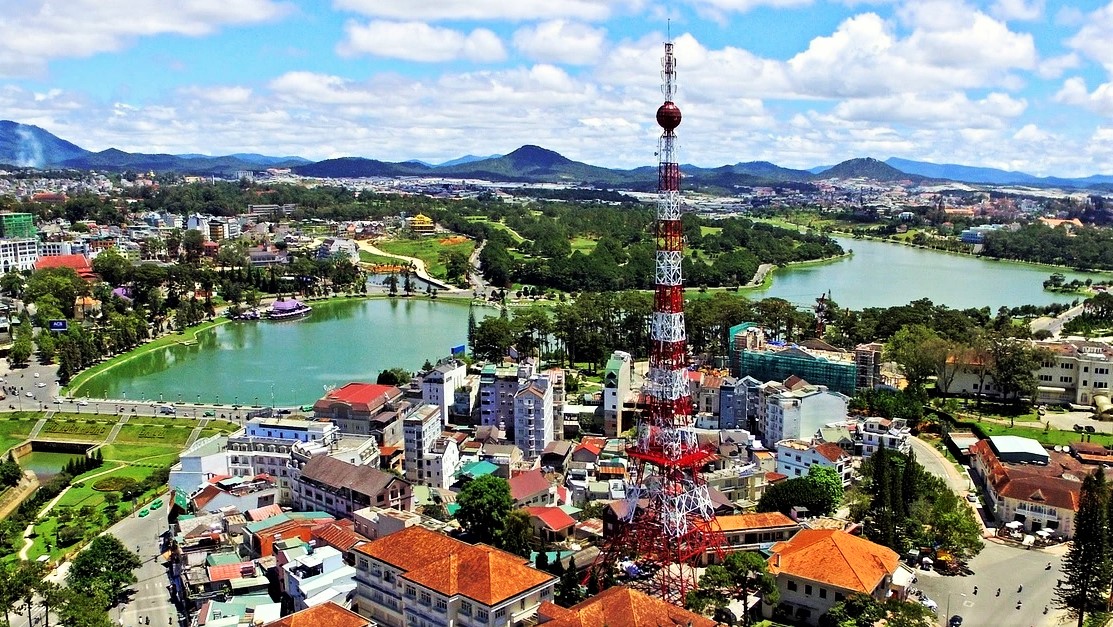
Vietnam is enhancing its appeal to investors and skilled professionals with new visa offerings aimed at driving economic growth.
- Investor Visa: Valid for 10 years, offering a pathway to permanent residency after five years. This visa is designed for individuals willing to invest in sectors prioritized by the Vietnamese government.
- Talent Visa: Targeting high-skilled professionals in technology, finance, and healthcare, valid for five years, with an easy renewal process to encourage talent retention.
- Application Process: Expected to be entirely online, streamlining the experience and eliminating the need for embassy appointments. This modernization reflects Vietnam's commitment to attracting global talent.
6. Philippines: Diverse Golden Visa Options

The Philippines offers several residency options catering to foreign investors and retirees, making it an attractive destination in Southeast Asia.
Special Investor’s Resident Visa (SIRV)
- Investment Requirement: A minimum investment of $75,000 in Philippine corporations, ideally in sectors that support national development.
- Eligibility: Applicants must be 21 or older, healthy, and free of criminal records. Family members can also be included in the application.
- Residency Benefits: Offers indefinite residency for the investor and their family, with no minimum stay required. Investors benefit from tax incentives on Philippine income only and enjoy duty-free import of goods.
Special Resident Retiree’s Visa (SRRV)
- Eligibility: Available for retirees aged 50 and above, with entry starting from a deposit of $10,000, which may vary based on pension income.
- Benefits: Lifetime stay, work and study rights, access to health insurance, and the ability to live anywhere in the Philippines. This visa provides a straightforward pathway for retirees seeking a serene lifestyle.
Each of these golden visa programs is designed with distinct features to appeal to various profiles, from investors to retirees. They provide flexible paths to residency, allowing individuals to experience the rich cultures, economic opportunities, and stunning landscapes of East Asia. However, applicants should be prepared to spend a certain amount of time in the host country to maintain their status. With the right investment and commitment, your dream of global living in East Asia could become a reality, offering not just a home, but a vibrant new lifestyle.

.jpg)
.jpg)



 (1).jpg)
.jpg)
 (1).jpg)
.jpg)




.jpg)

 (1).jpg)
.jpg)
.jpg)




.jpg)
.jpg)
.jpg)


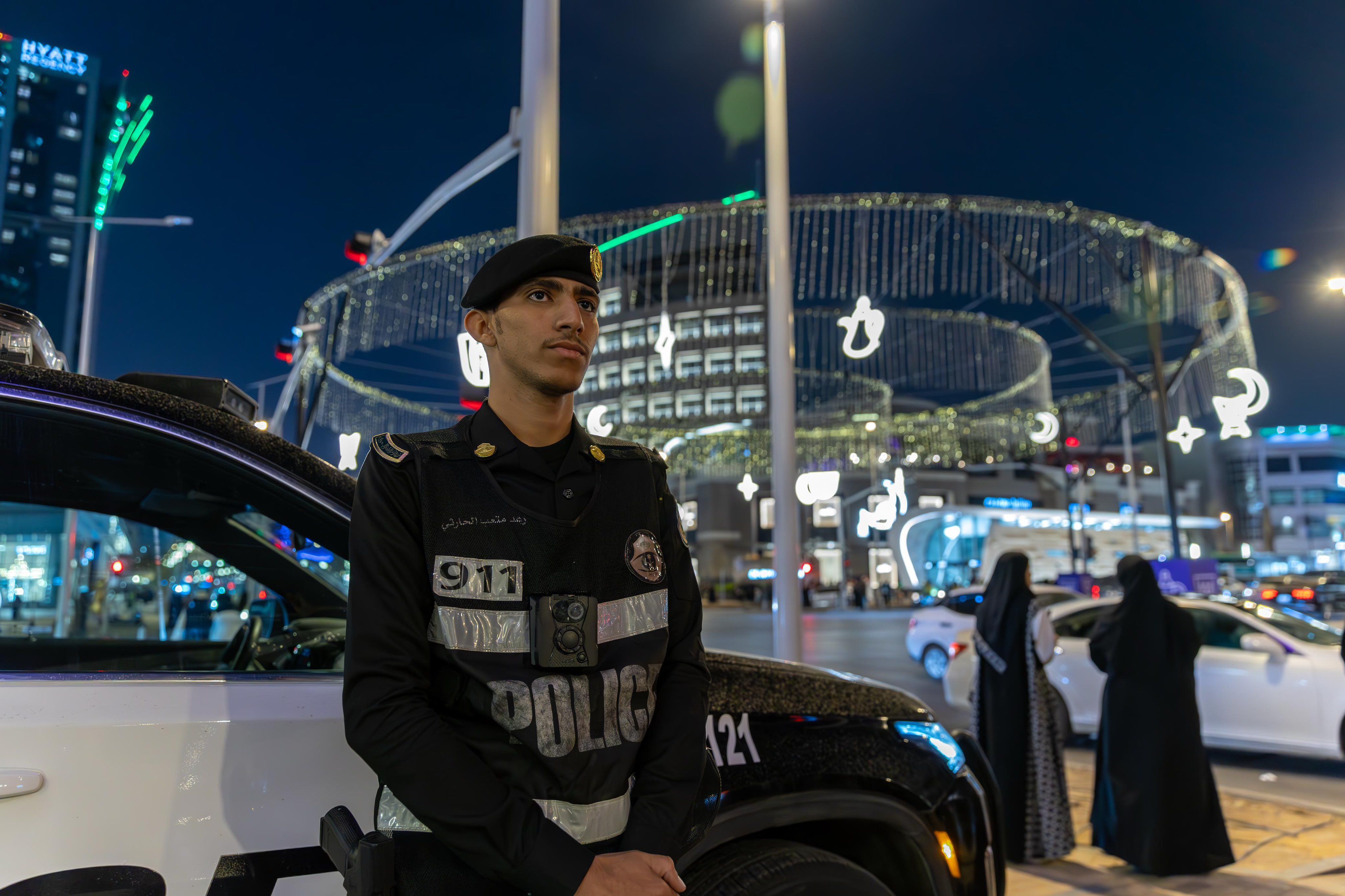





.jpg)







.jpg)
.jpg)
.jpg)
.jpg)

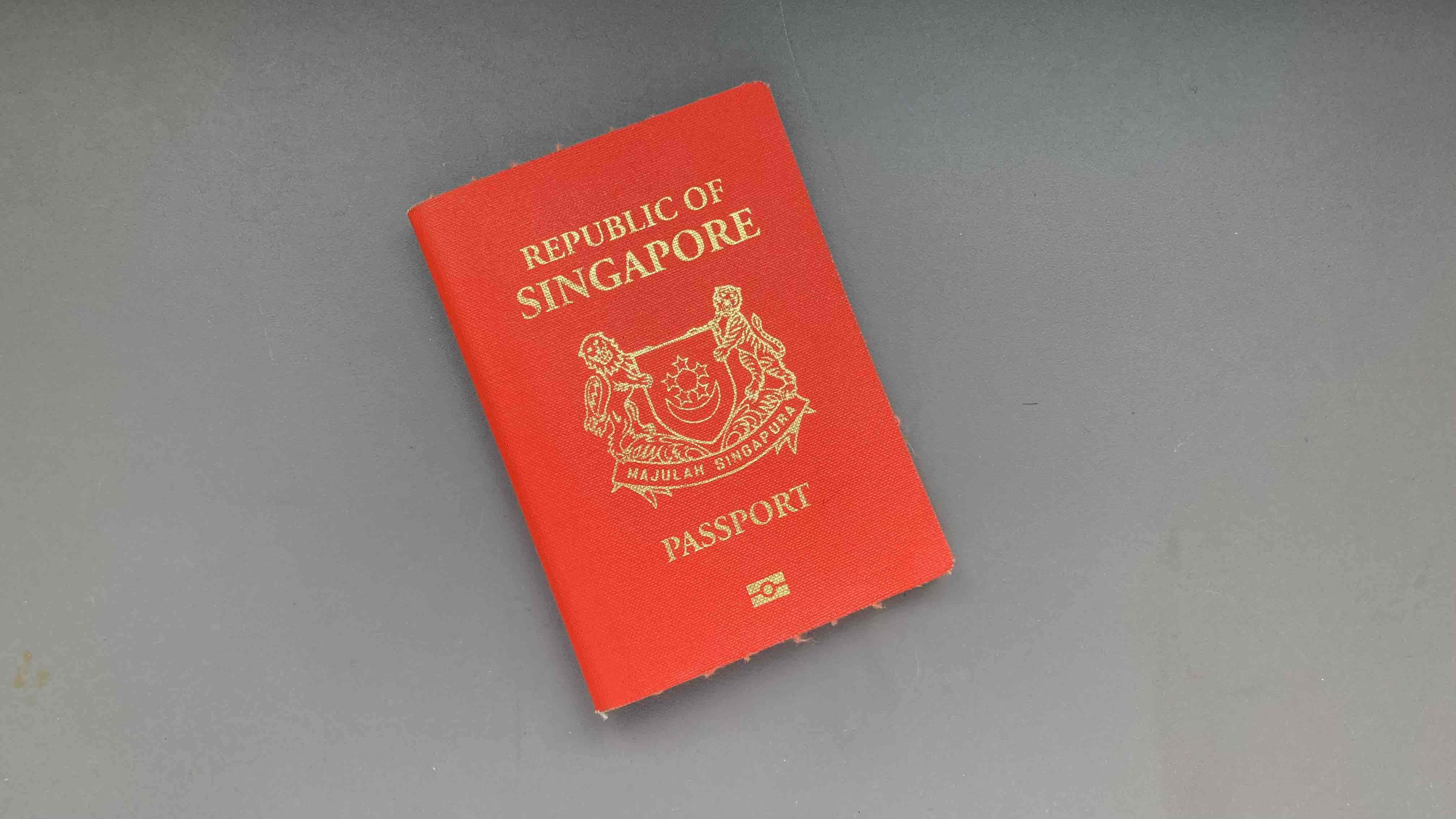
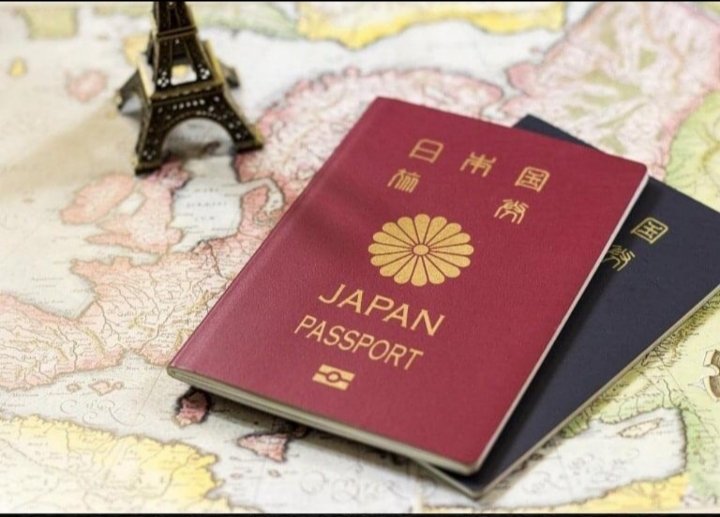
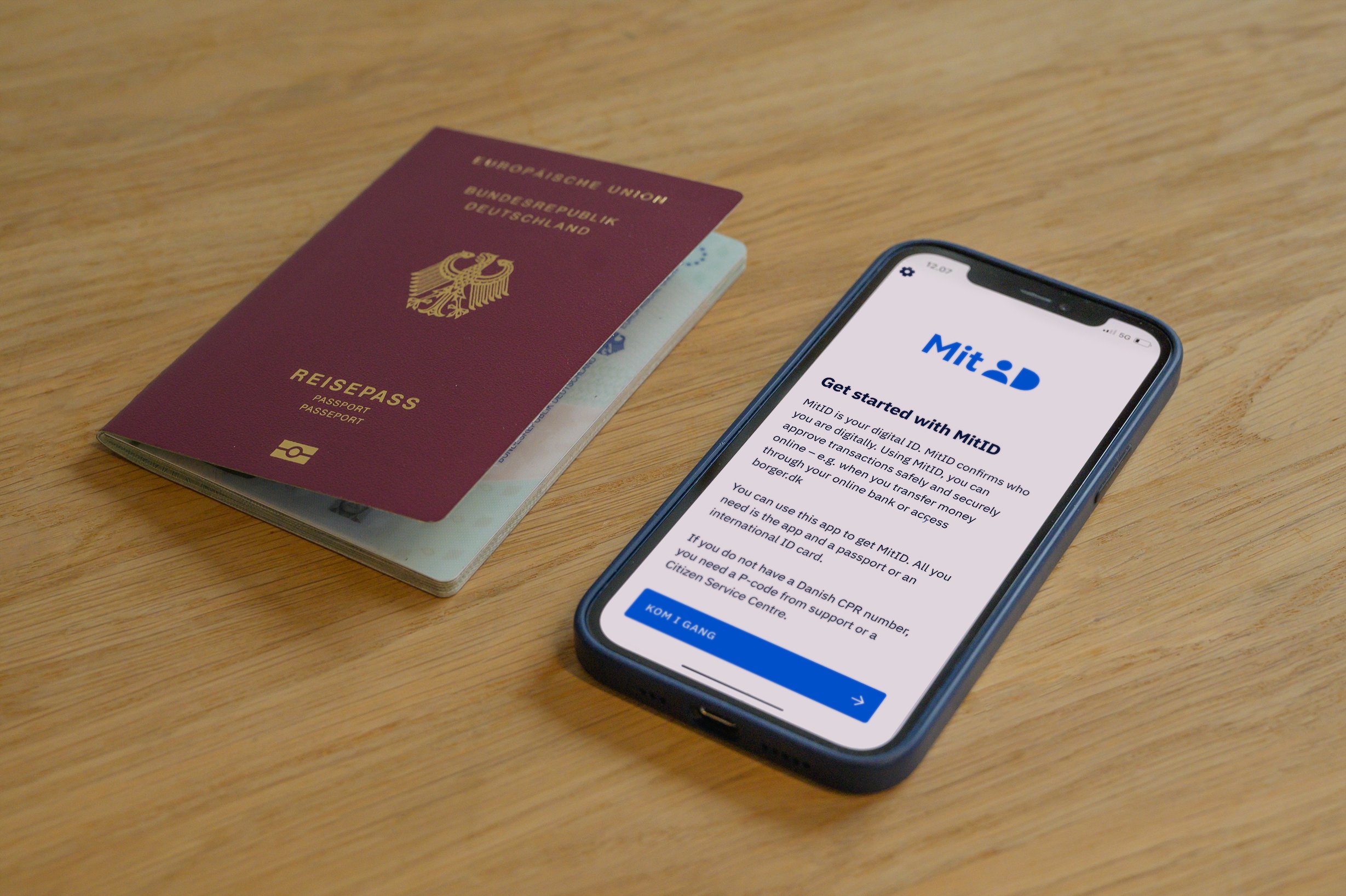
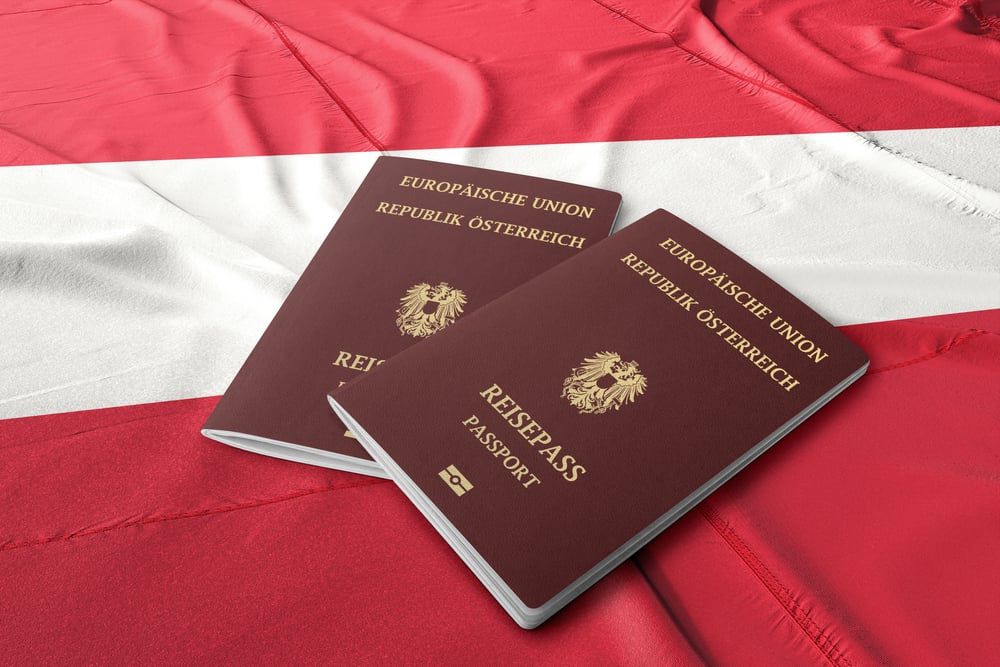
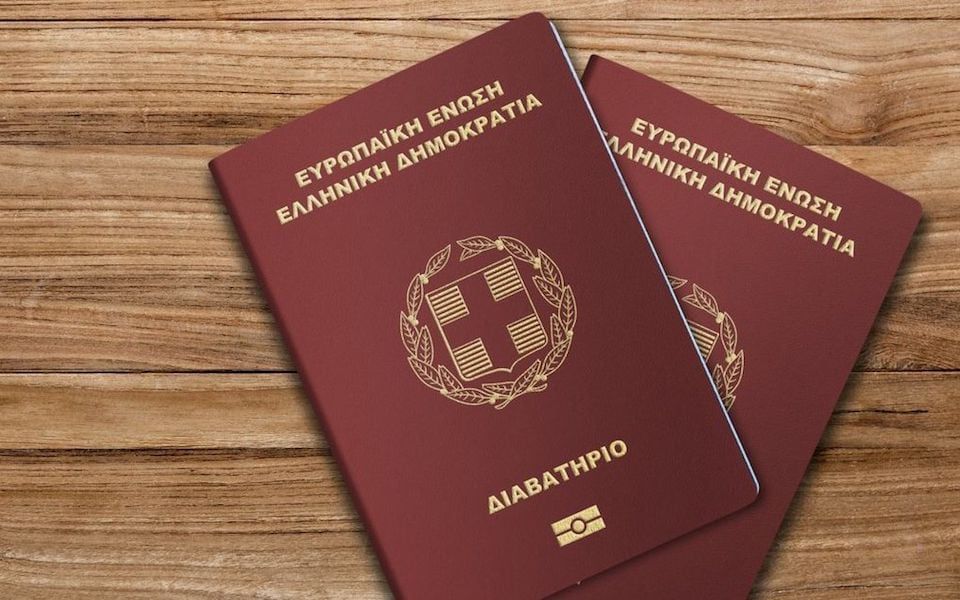
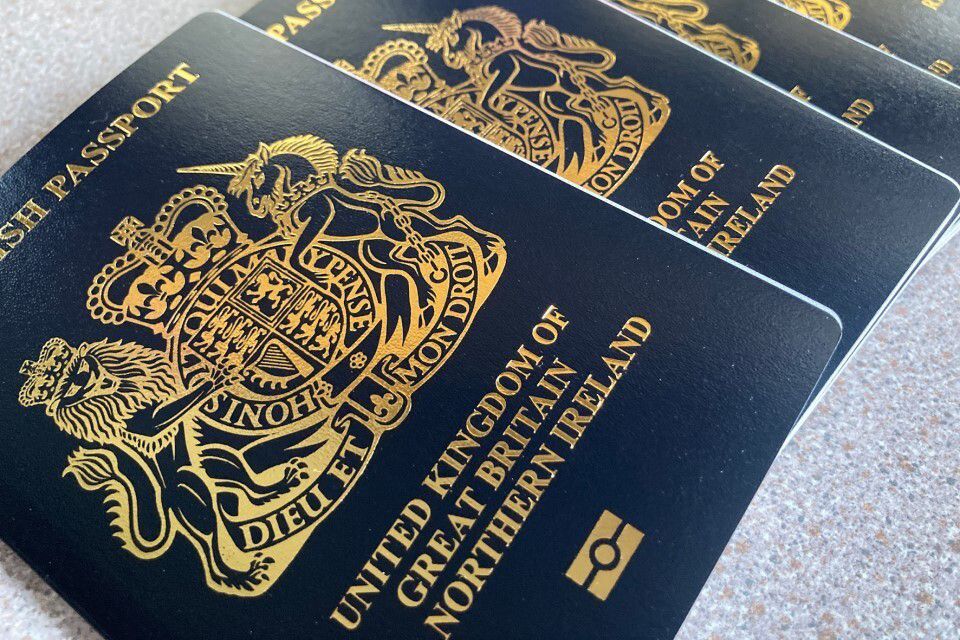
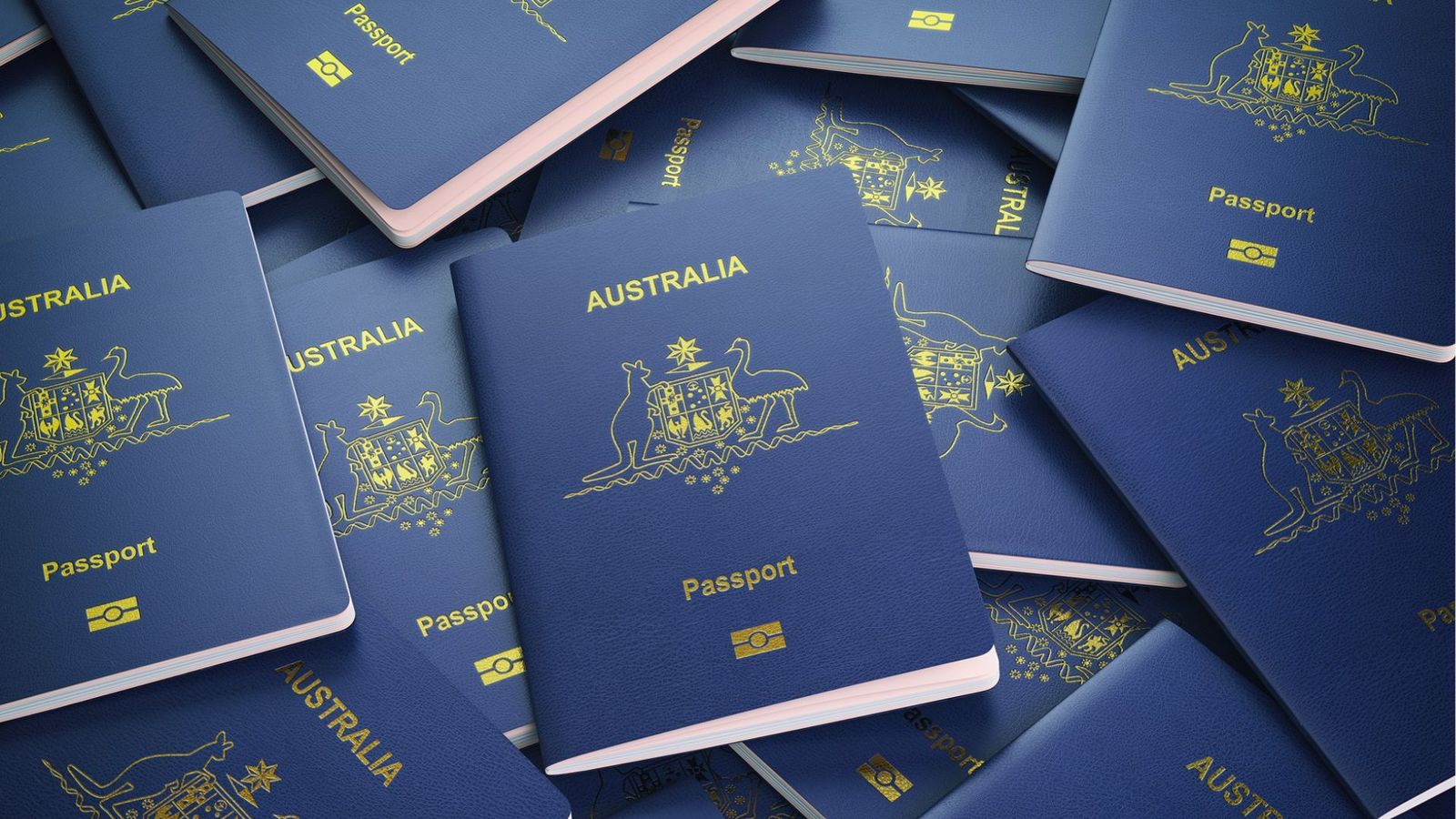
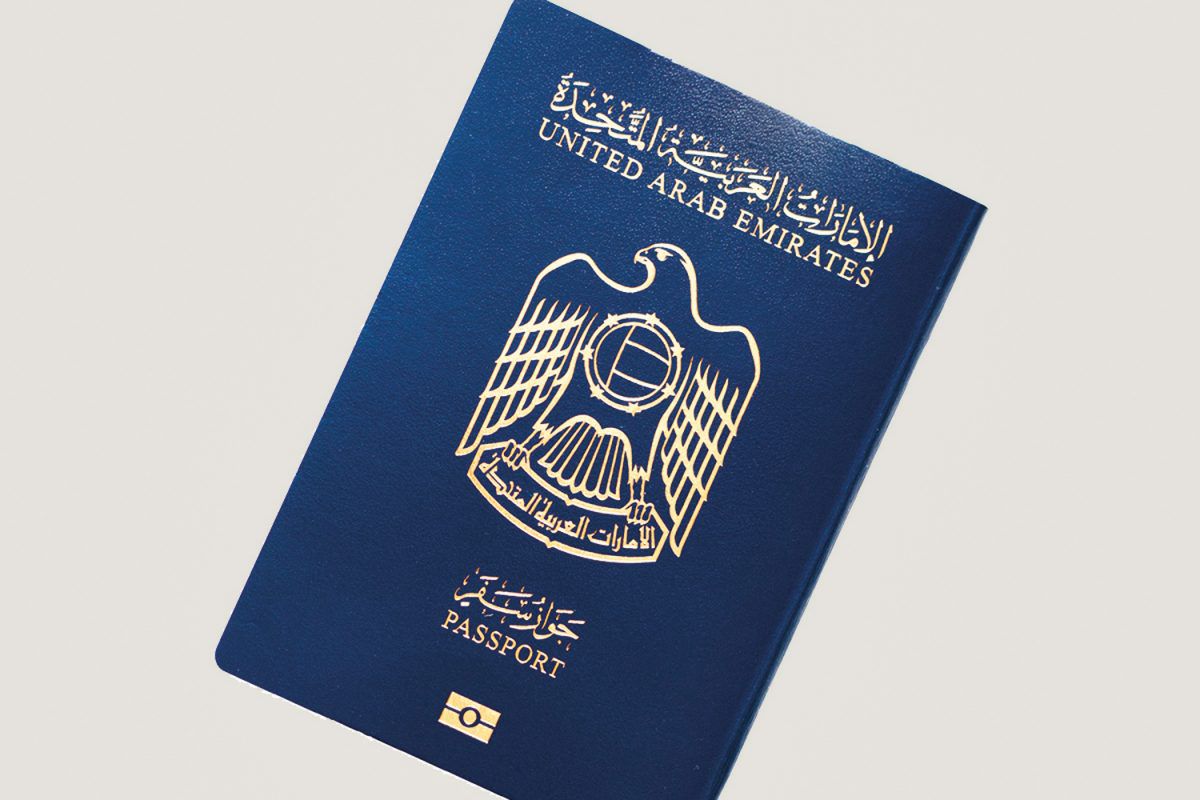
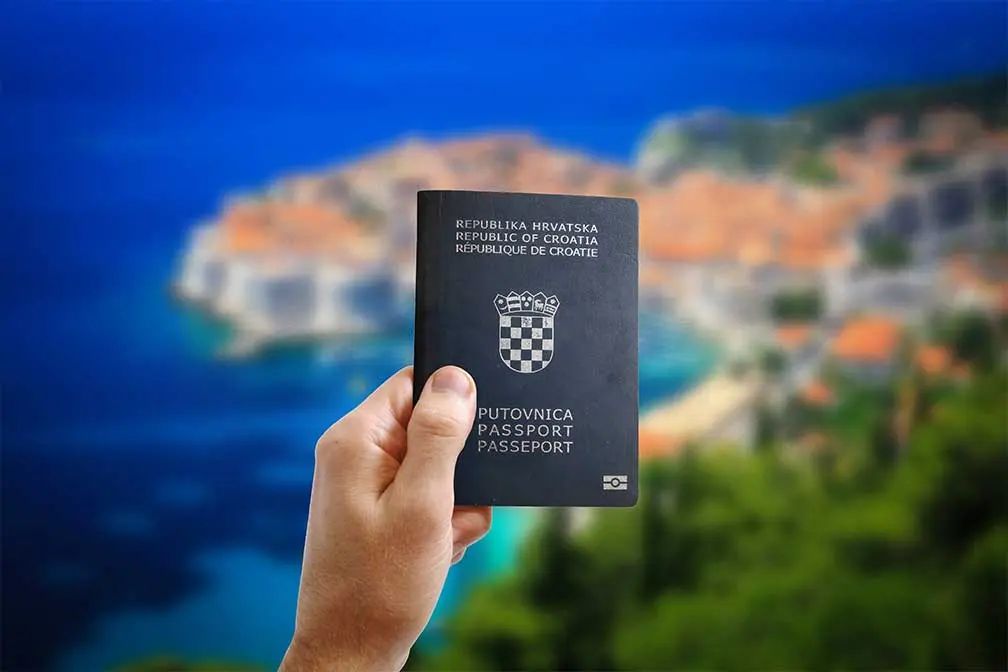





 (1).jpg)
.png)
.jpg)
.jpg)